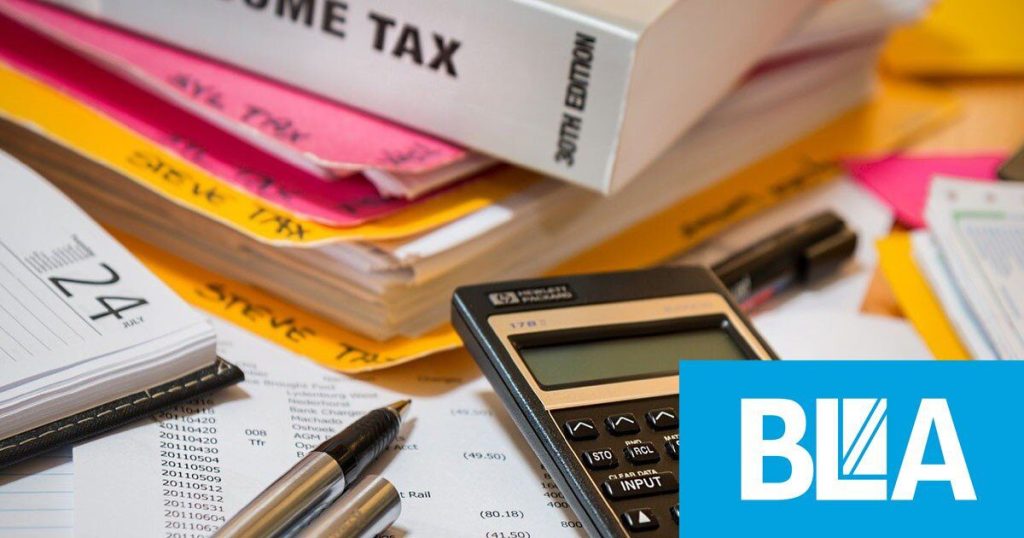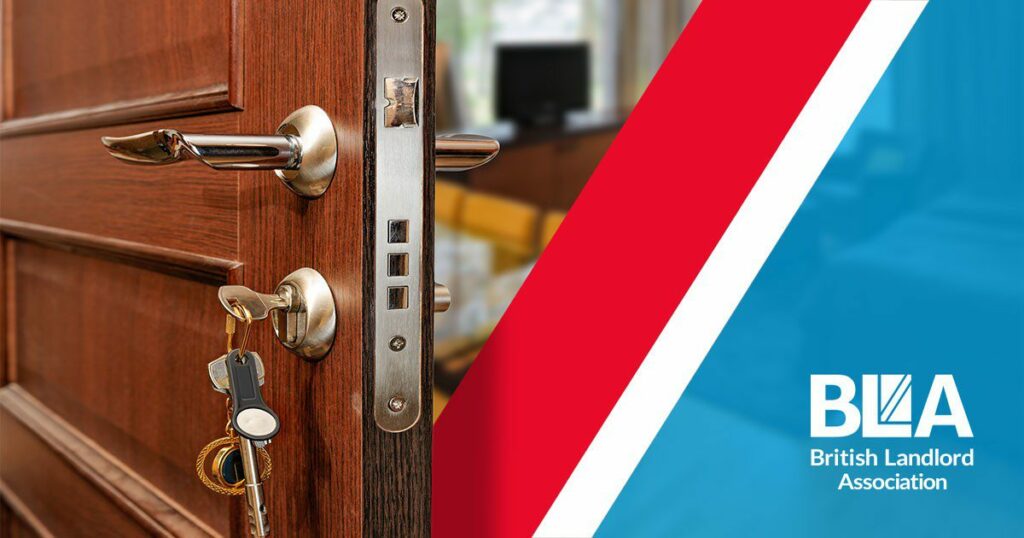[lwptoc]
What is Rent Smart Wales?
Rent Smart Wales aims to uphold a consistently high standard throughout the residential property industry in Wales.
Rent Smart Wales Landlord registration
Landlords who have a rental property that is let on an assured, assured shorthold or regulated tenancy must complete a registration with Rent Smart Wales.
Rent Smart Wales process landlord registrations and grant licences to landlords and agents who need to comply with the Housing (Wales) Act 2014. The legislation made provision for those who needed to comply to do so within a year, without fear of repercussion.
The enforcement powers are now active. This means that failure to comply with the legislation is an offence.
If you have not yet complied.
When did Rent Smart Wales come in?
Since 23 November 2015, the legal obligation for all Landlords operating in Wales is to register to comply with the law.
To register a landlord must provide accurate and up-to-date information about themselves and their rental properties in Wales.
This requirement comes from Part 1 of the Housing (Wales) Act 2014
Does Rent Smart Wales apply to me?
Do you own a property in Wales that you do not live in?
Do you allow someone else to live in that property (as their principal residence), and do they pay you money to live there?
Is the property rented on an assured, assured shorthold or regulated tenancy?
If you answer yes to these questions, you are a landlord and need to comply with the registration requirements in Wales.
How do I register as a landlord?
You can register as a landlord through this website; you simply need to create an account and work through the online process. A landlord must complete the registration themselves; an agent or another person who is not the landlord cannot do it on their behalf.
If you are a self-managing landlord, you will also need to apply for a licence.
Rent Smart Wales registration process
A landlord, for the purpose of the legislation, is the person who is entitled to possession of the property.
This is most cases will be the owner of the property.
A landlord who must register therefore could be an individual person, a group of people or even a company (depending on how the property is owned). If the property being registered is in joint ownership, one lead owner must register it on behalf of all other owners.
If a property is owned by a company, the company registers as the landlord.
Landlord registration costs £33.50 if completed online. This is the cost for each landlord type registering. The cost for registration does not increase if more than one rental property is part of the registration.
If someone requests a paper application form to complete instead of doing the registration online, it costs £80.50.
What rental properties need to be registered?
A landlord must include the address of all rental property in Wales; they are the landlord for in their registration. This will be the address of all dwellings (buildings, or part of a building, occupied as a separate dwelling) which are subject to or marketed or offered for let under a domestic tenancy.
Only dwellings rented on assured, assured shorthold or regulated tenancies are required to be part of the register. These are the main types of tenancies used to rent out properties privately in Wales.
Once a landlord is registered; what then?
A landlord’s registration lasts 5 years after which time they must re-register. During the registered period, a landlord must keep the information within it up to date. By law, certain changes in information must be notified.
These are:
- · Any change in name; correspondence address; contact telephone number; e-mail address or other contact information provided as part of the registration
- · Any change (either that someone has started or ceased) to undertake letting or management at the registered rental property (for which they would need a licence from Rent Smart Wales)
- · Any changes of interest the landlord has with the rental property (i.e. if they sell a registered property)
Suppose a landlord acquires another property subject to or marketed or offered for let under a domestic tenancy in Wales. In that case, they are obliged to add it to their registration. A landlord has 28 days to do this within.
What if I do not live in Wales but let out my property there?
Landlords are reminded that despite the name, Rent Smart Wales applies to all landlords with a property in Wales, even if they do not live there themselves.
What are the penalties for non-compliance?
Penalties for non-compliance can result in fines imposed by the Welsh government. Several landlords have already been successfully prosecuted for failing to become licensed. As of January 2019, nearly 400 fixed penalty notices were issued in Wales with a total of 44 prosecutions.
Rent Smart Wales list the penalties for non-compliance as:
- Fixed Penalty Notices (of either £150/£250)
- Rent Repayment Orders
- Rent Stopping Orders
- Criminal Prosecutions and Fines
Landlords who are not registered, and either not licensed themselves or do not use a licensed letting agent, will also be unable to serve a valid section 21 notice on tenants to regain possession of their property. It, therefore, pays to ensure that as a landlord, you are legally compliant.
Also, suppose a licence holder does not comply with the conditions set out by their licence or is no longer ‘fit and proper’ to operate. In that case, their landlord licence can be revoked.
A revoked licence means that the person in question is no longer allowed to complete or undertake any activities related to the letting or management of any rental property in Wales. In this instance, a licensed agent would need to be appointed.
Cllr Lynda Thorne, Cabinet Member for Housing and Communities at Cardiff Council states.
“A conviction for a self-managing landlord has serious consequences as a condition of obtaining a licence is that someone is fit and proper to carry out letting and management activities.”
“All those who continue to operate without a licence are putting their future business at risk.” – Cllr Lynda Thorne, Cabinet Member for Housing and Communities at Cardiff Council Landlords and letting agents who are registered and licensed will appear on a public register.”
“Protect your property against the risks involved in letting out a property by ensuring you have taken out a comprehensive buy to let insurance.” She said.
The easiest and cheapest way to register is online.
However, it is also possible to complete a paper application if preferred.
Application types:
- Online Application
- Paper Application
Registrations are split into two application types a new registration and renewal.
To take advantage of the renewal fee, the landlord must apply for registration renewal within the 84 days before the registration expires.
Suppose a landlord has an existing registration but allows it to expire. In that case, this will incur a new registration fee and not the renewal fee.
How long is a registration valid for?
Once completed, the landlord registration is valid for 5 years. Upon expiry, you will need to renew the registration to comply for a further 5 years.
To check the validity of existing landlord registration, view our public register here.
Are there any exemptions?
The requirement to register does not apply:
- If an owner-occupier has one or more lodger in their home and the lodger shares amenities with the homeowner.
- When the residential dwelling is part of an agricultural agreement
- To commercial lets (i.e. properties used in conjunction with running a business)
- To accommodation rented on a licence (usually only applicable to landlords exempt from issuing an Assured/Assured Shorthold Tenancy, E.g. University-owned, accommodation used for Asylum Seekers, lodgers etc.).
- Where the landlord is a Residential Social Landlord regulated by the Welsh Government
Welsh holiday lets
To residential accommodation, if it is not a permanent structure; this may / may not include a mobile home, houseboat, or static caravan.
Where a dwelling is owned under freehold, and the freeholder leases it under a leasehold agreement (to a person who becomes a leaseholder). However, if the leaseholder then rents out a dwelling on an Assured, Assured Shorthold (AST) or Regulated Tenancy the leaseholder as the landlord, needs to register the dwelling.
Source; Rent Smart Wales (RSW) Click here to go on to The BLA Wales.
British Landlords Association is a free national landlords association, join us today!
Disclaimer:
This post is for general use only and is not intended to offer legal, tax, or investment advice; it may be out of date, incorrect, or maybe a guest post. You are required to seek legal advice from a solicitor before acting on anything written hereinabove.





